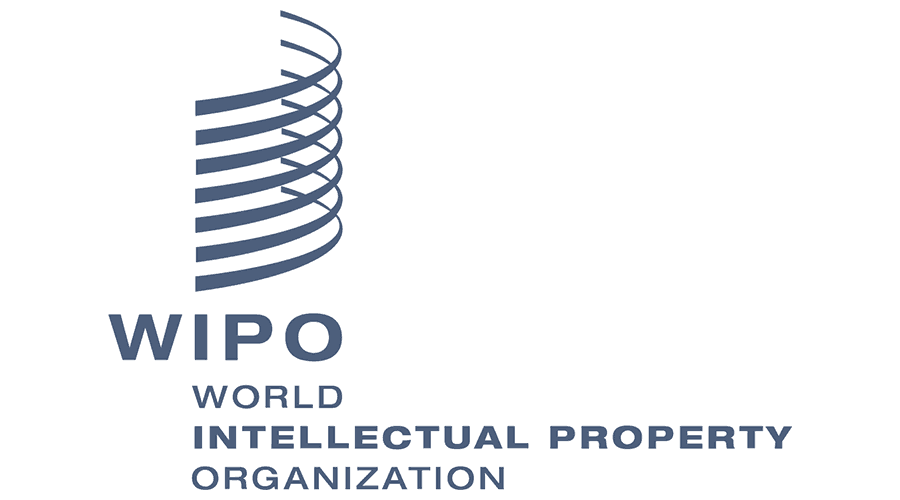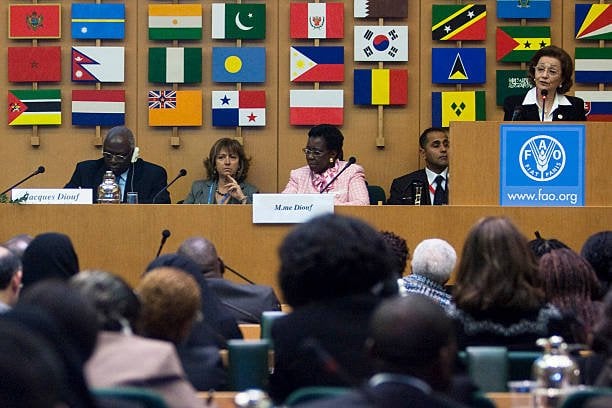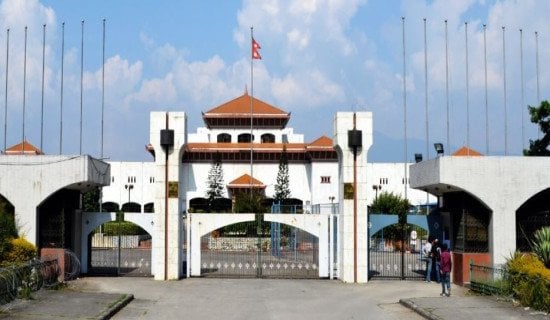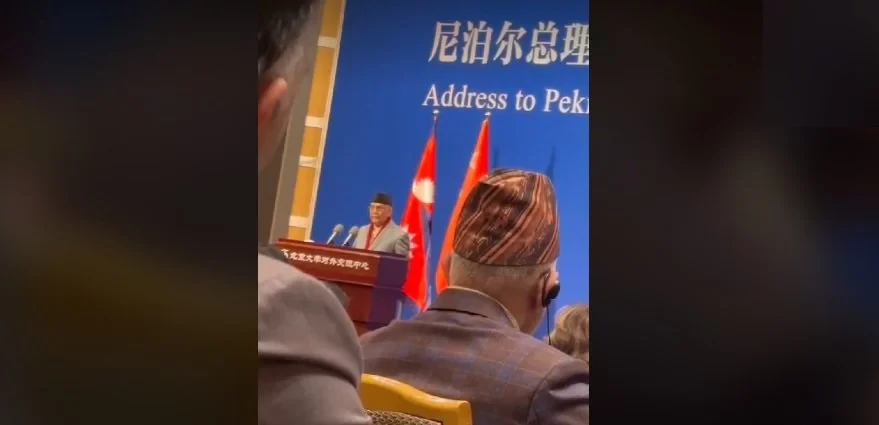Cybersquatting: Protecting Your Online Identity and Brand

Cybersquatting is becoming more prevalent throughout the world. In 2022, the World Intellectual Property Organization (WIPO) received 7000 cybersquatting complaints. More than 7900 domain names have been registered. The number of lawsuits filed with the World Intellectual Property Organization has grown, especially since 2012, when roughly 2900 such disputes were submitted.
Cybersquatting is the act of registering, selling, or using a domain name with the intent of profiting from the goodwill of someone else's brand. It is a type of intellectual property theft in cyberspace that can have serious consequences for businesses, individuals, and organizations. As Nepal's economy has become more reliant on the internet, cybersquatting has become a major concern in recent years.
Cybersquatting is also a type of copyright violation in which copyright holders register and use internet domain names that are identical to the trademarks and service marks of a corporation or individual.
In Nepal, registering domain names that are similar to well-known brands or trademarks is a common form of cybersquatting. For example, someone may register the domain name "nepalairways.com" even if it has nothing to do with the Nepal Airlines Corporation. Customers may be confused as a result, resulting in lost sales for the true trademark owner.
Another type of cybersquatting in Nepal is the sale of domain names that are similar to well-known trademarks or brands. This can be especially difficult for small businesses or individuals who lack the resources to protect their intellectual property rights.
Cybersquatting can be classified into several types:
Typosquatting: It is the practice of using spelling variations that people may mistype. Cybersquatters acquire misspelled domain names for well-known companies on purpose. It entails modifying the original spelling by adding or removing numerals, characters, or periods. Typosquatting is the illegal creation of a website that people will visit if they misspell a domain name. It is also done to increase the chances of the website being sold to the original owner for a higher price. Buy spase.com to reap the benefits because it is comparable to space.com.
Combosquatting: Instead of using misspellings, it links a word or set of words to well-known trademarks. Combosquatting has grown in popularity and has surpassed typosquatting. The goal of combosquatting is to confuse site visitors and thus increase traffic. For example, Amazon.com can be registered to Amazonshopping.com.
Identity Theft: Cybersquatters may obtain a web portal that the previous owner accidentally did not renew, resulting in identity theft. They register expired domain names and redirect them to websites that are exact copies of the websites of previous domain name owners. To cheat site visitors into thinking they are visiting the websites of previous domain owners. For example, The owner of the website www.xyz.com failed to renew it. A cybersquatter will acquire the lapsed website and profit from it.
Name Jacking: The registration of domain names in the name of another person, usually a celebrity or well-known person. Profiting from web traffic associated with a domain name registered in a famous person's name. Many celebrities, including Paris Hilton (an American media personality), Madonna (an American singer-songwriter), and others, have been victims of name-jacking.
To seek legal redress against a cybersquatter, you have two choices: sue under the Anti-cybersquatting Consumer Protection Act (the "Act") or use the Internet Corporation for Assigned Names and Numbers (ICANN) international arbitration system
There are numerous methods in Nepal for preventing cybersquatting. One strategy is to register domain names that are related to your brand or trademark as soon as possible. This will help prevent others from registering similar names and exploiting your goodwill.
Another method of preventing cybersquatting is to use the Uniform Domain-Name Dispute-Resolution Policy (UDRP), which is a domain name dispute resolution procedure. The UDRP allows trademark owners to object to domain name registrations that are confusingly similar to their trademarks.
In Nepal, the Domain Name Dispute Resolution Policy (DNDRP) establishes a procedure for resolving disputes concerning domain name registration and use. This policy is overseen by the Nepal Network Information Center (NNIC), the national registry for .np domain names.
If a person or organization believes that a domain name registered in the .np domain is being used in bad faith to profit from the complainant's trademark or other intellectual property rights, they may file a complaint under the DNDRP. If the complaint is found to be valid, the complainant's domain name may be transferred or suspended.
Nepal also has a trademark and intellectual property laws that may be relevant in cybersquatting cases. If you believe your trademark or other intellectual property rights are being violated in Nepal, you should consult with a lawyer to determine the best course of action.
Overall, Cybersquatting is a serious problem in Nepal, with serious consequences for businesses, individuals, and organizations. It is critical to safeguard your intellectual property rights and keep an eye out for potential cyber squatters.









Leave Comment